- What We Do
- Board of Directors
- Executive Leadership
- Employee Directory
- Cog Committees
- CBCOG Bylaws
- History
The Coastal Bend Council of Governments (CBCOG) is a voluntary association of cities, counties, and special districts in South Texas, centered around the Corpus Christi metropolitan area. Established in 1966, CBCOG serves 11 counties and over 30 cities, covering a region of more than 10,000 square miles.
CBCOG's core mission is to coordinate regional planning and provide technical assistance across a wide range of areas, including:
- Emergency preparedness and 9-1-1 communications
- Criminal justice and homeland security
- Environmental protection and solid waste management
- Economic and community development
- Aging and disability services (as the designated Area Agency on Aging)
- Water quality management
- Grant review and regional clearinghouse functions
It operates as one of 24 regional councils in Texas and is legally recognized as a political subdivision of the state, though it does not have taxing authority or police powers. CBCOG is governed by a Board of Directors and advisory committees that represent the diverse interests of the region.
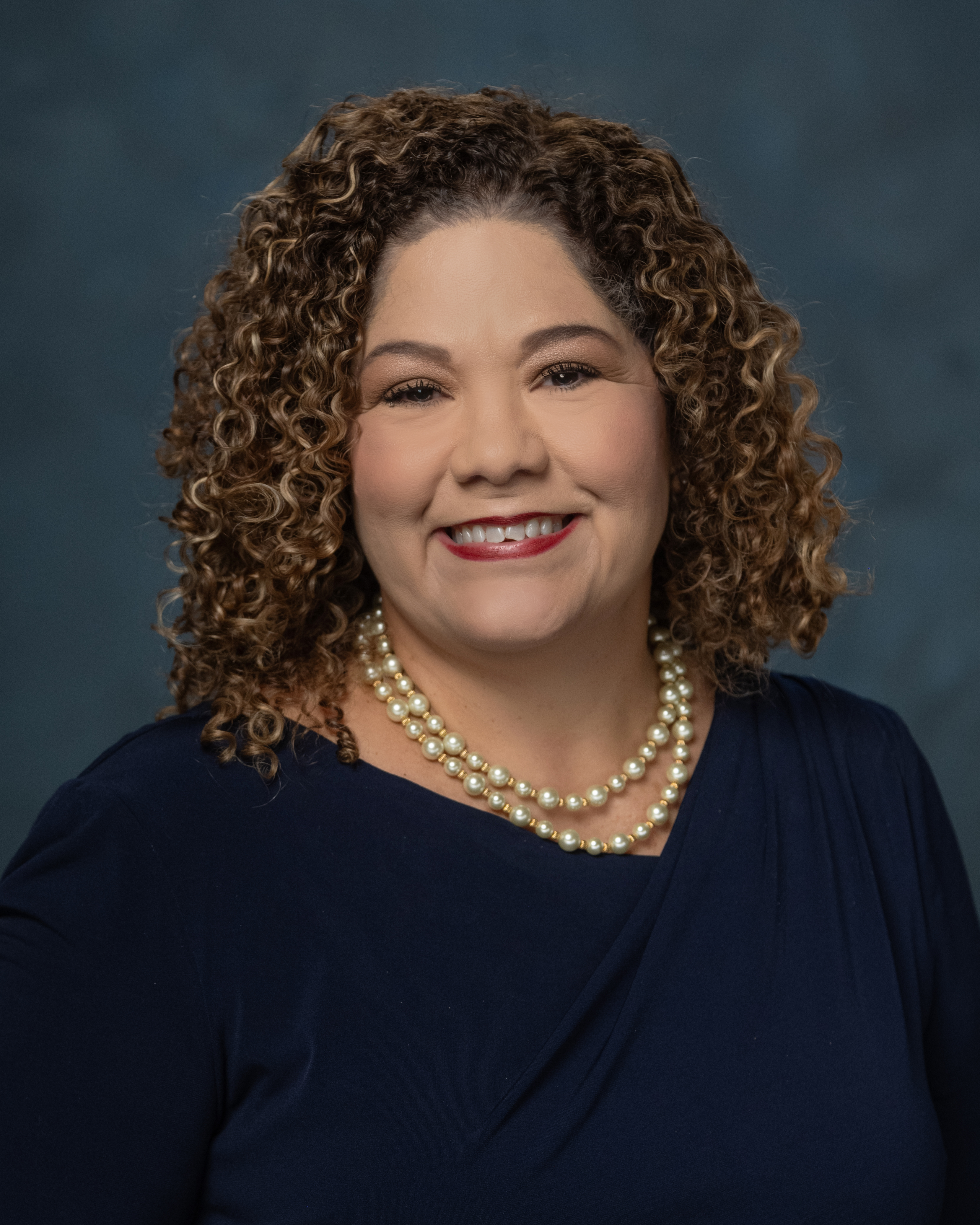
Emily Martinez, MPA
Executive Director

Mary Z. Afuso
Director of Planning and Economic Development
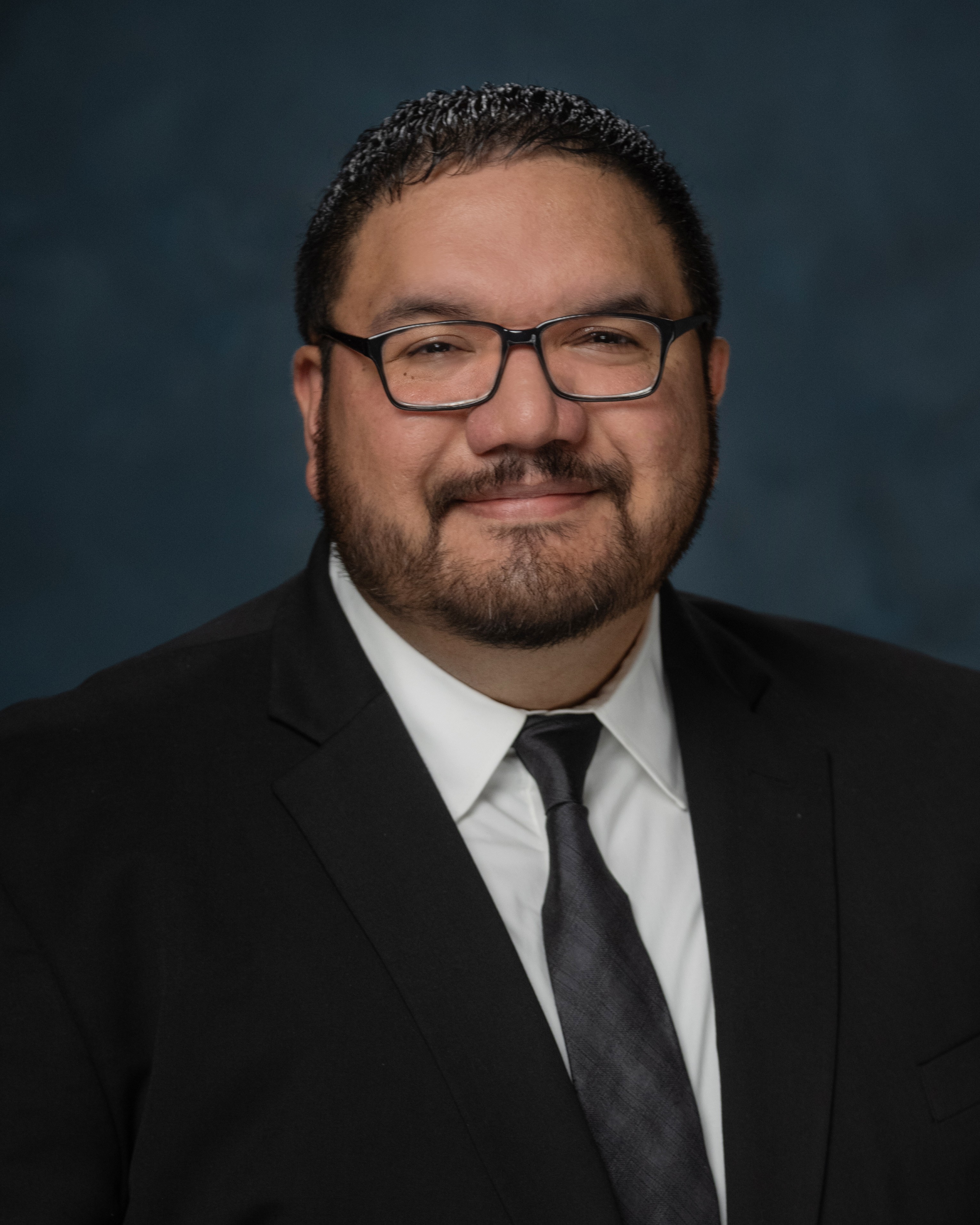
Noel Esquivel
911 Director
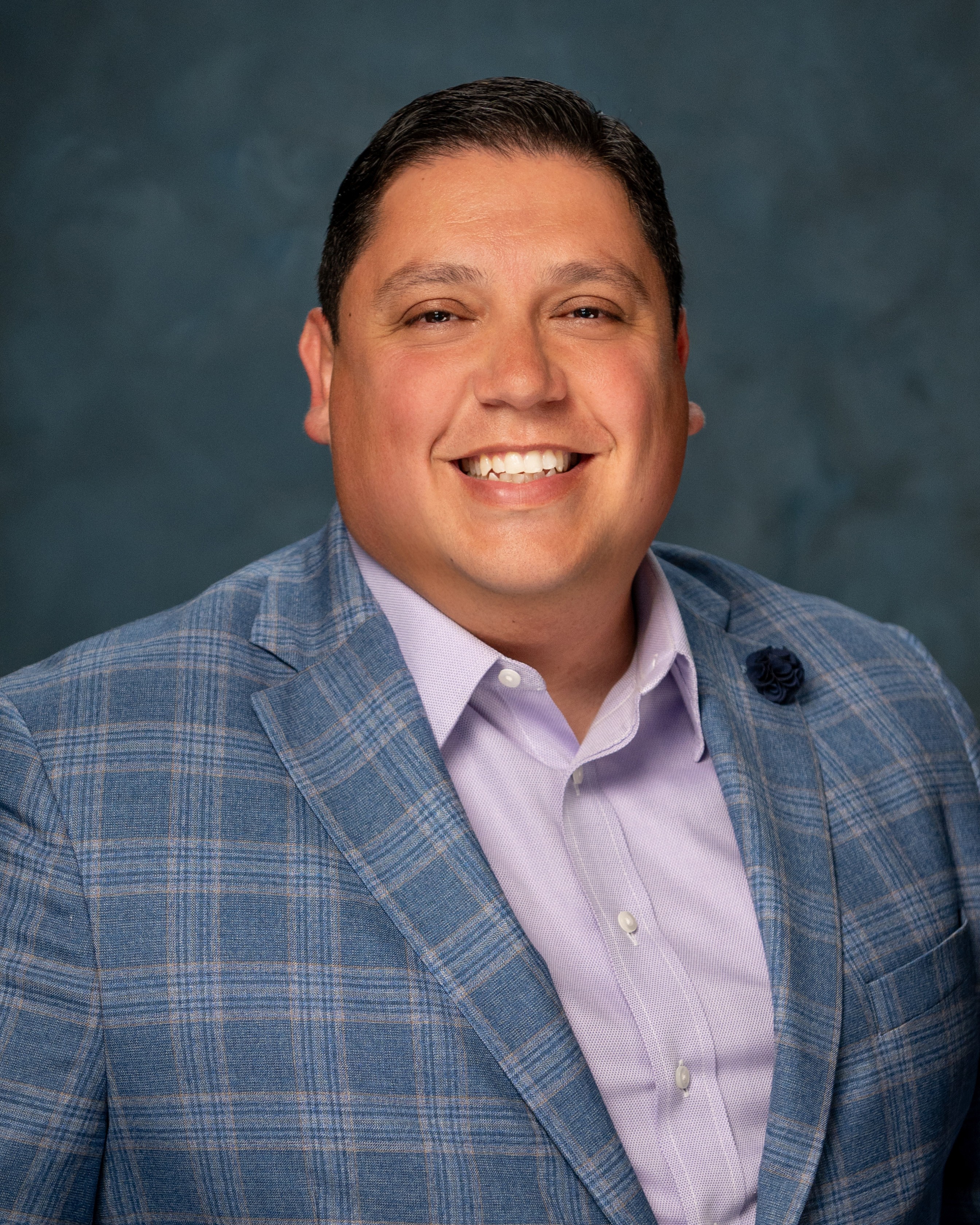
Adam Guerra
Director of Homeland Security and Emergency Planning
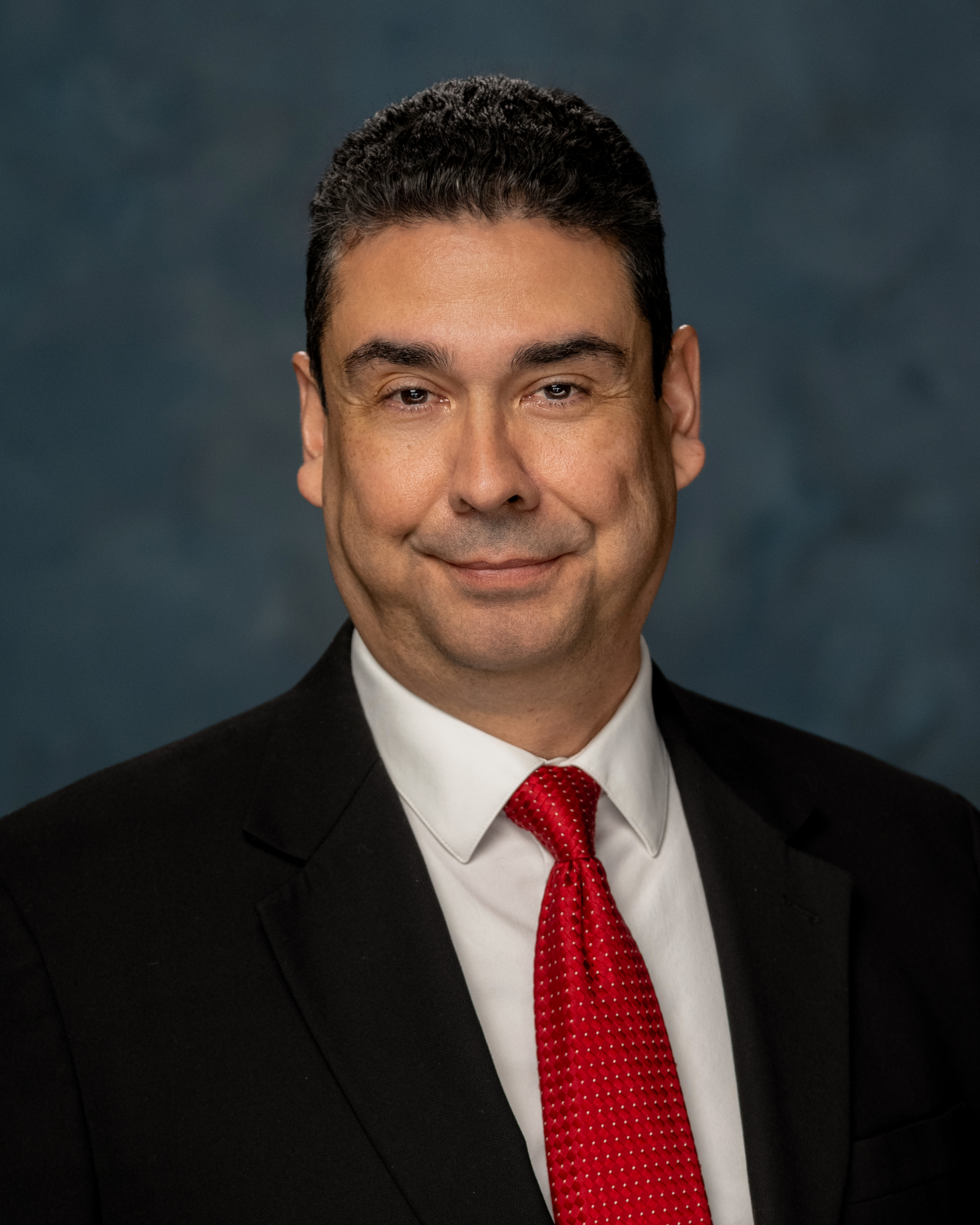
Salvator "Sal" Ochoa, Jr
Environmental Planning Program Manager

Chris Paul
Director of Finance
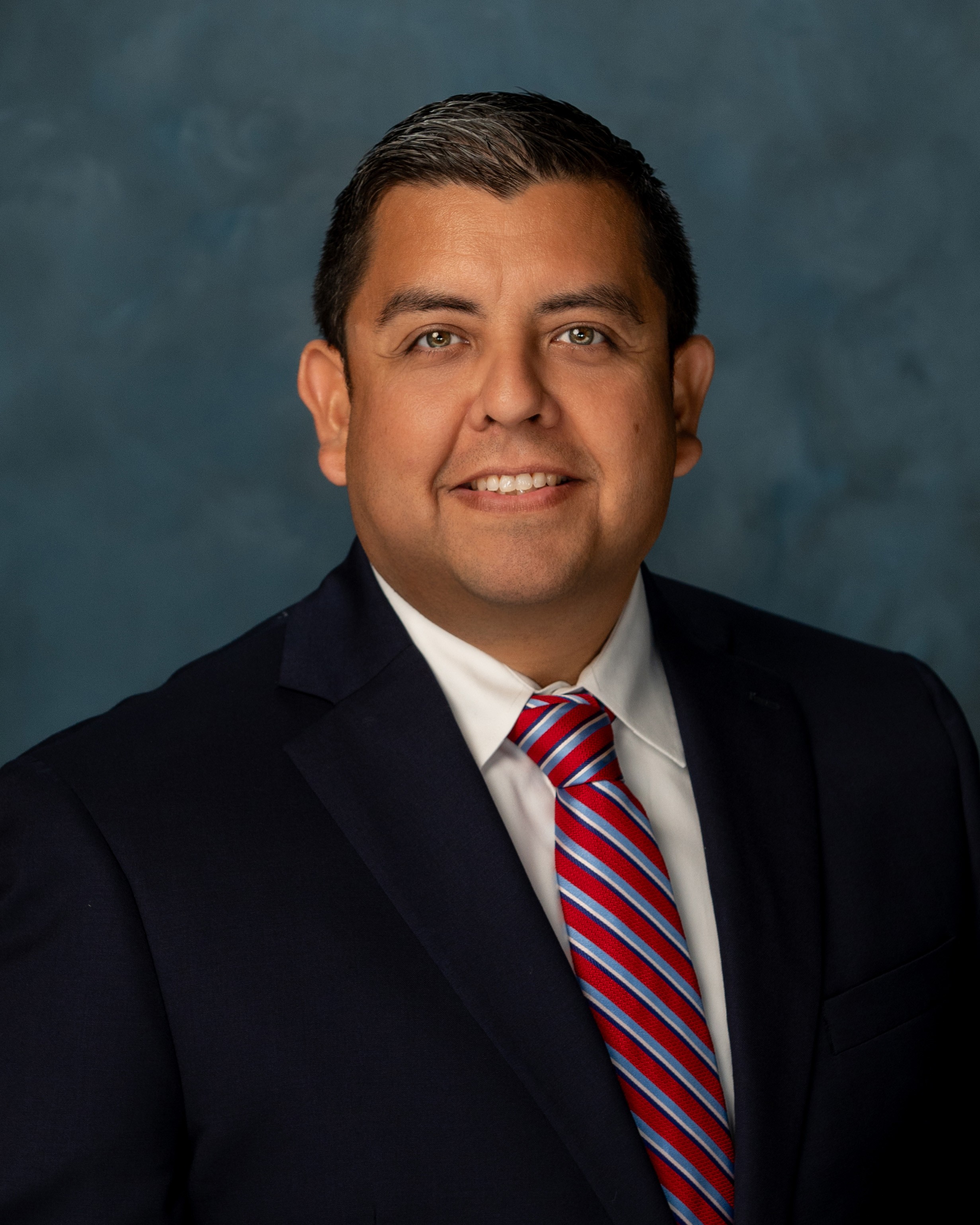
Jose Pereida
Regional Broadband Manager

Amy Kiddy-Villarreal
Area Agency of Aging Director
Executive Director (361) 232-5326
Director of Finance/Assistant Executive Director (361) 232-5327
Accounting (361) 232-5330
Accounting (361) 232-5331
Director of Environmental Planning (361) 232-5096
Homeland Security Coordinator (361) 232-5340
Criminal Justice/Homeland Security Planner (361) 232-5334
Director of Area Agency on Aging (361) 232-5155
Director of 9-1-1 Operations (361) 232-5157
Director of Planning & Economic Development (361) 210-3102
The Coastal Bend Council of Governments was officially established on March 23, 1966, making it one of the earliest regional councils formed within the state. The organization was created through an inter-county agreement approved by the Commissioners’ Courts of the original six member counties—Brooks, Duval, Jim Wells, Kleberg, Nueces, and San Patricio. The initial agreement was amended, with a revised version becoming effective on November 14, 1966.
By March 1967, six additional counties—Aransas, Bee, Live Oak, Kenedy, McMullen, and Refugio—and nine cities—including Rockport, Beeville, Alice, Kingsville, Corpus Christi, Robstown, Portland, and Mathis—had ratified the agreement.
On September 13, 2013, then-Governor Rick Perry signed an executive order permitting McMullen County to transition from the Coastal Bend to the Alamo Area Council of Governments. Currently, the Coastal Bend/State Planning Region 20 comprises eleven counties and thirty-one cities, covering approximately 10,273 square miles and serving a population of nearly 596,853.